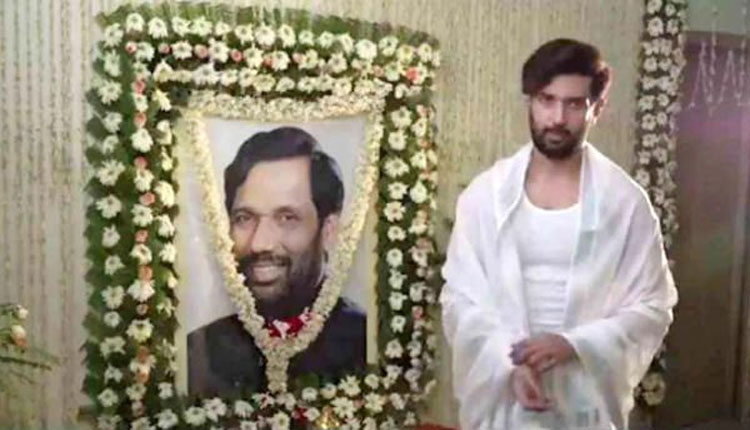New Delhi: Union Minister and Lok Janshakti Party (LJP) chief Chirag Paswan has voiced strong opposition to the Supreme Court’s recent decision allowing states to introduce a ‘creamy layer’ within the Scheduled Caste (SC) and Scheduled Tribe (ST) categories. The ruling, which permits a portion of the 15 percent quota to be reserved for the more affluent among SCs and STs, has sparked significant political debate.
Paswan, who leads the LJP (Ram Vilas), is planning to convene a meeting of Scheduled Caste MPs from various political parties to gather support before filing a review petition against the Supreme Court’s decision. He has already made it clear that his party will challenge the ruling in court.
“Paswan is actively reaching out to Scheduled Caste MPs to seek their views on the decision,” sources revealed. The Supreme Court’s ruling is expected to have far-reaching political implications, with many major national parties remaining silent on the issue.
Paswan’s LJP and Mayawati’s Bahujan Samaj Party (BSP) have openly opposed the decision, highlighting the potential impact on their political base. Paswan is likely to call a formal meeting of Scheduled Caste MPs soon to discuss the issue and strategize the way forward. However, the response from SC MPs across different parties remains uncertain, as many are taking varied stances depending on the dynamics of their respective Lok Sabha constituencies.
In contrast to Paswan’s position, Union Minister Jitan Ram Manjhi, leader of the Hindustani Awam Morcha (Secular), another NDA ally, has welcomed the Supreme Court’s decision. Manjhi, who represents the Manjhi community, argued that the benefits of reservation have largely been monopolized by the more affluent segments of the Scheduled Caste community.
“We have discussed these issues regarding the creamy layer and sub-quota even while being in the cabinet,” Manjhi said, supporting Prime Minister Narendra Modi’s directive against a creamy layer within SC/ST quotas. “However, even after 76 years, some people in society remain marginalized,” he added.
As political leaders and parties begin to take positions on this contentious issue, the nation watches closely to see how it will affect the dynamics of SC/ST representation and reservation in India.



Comments are closed.